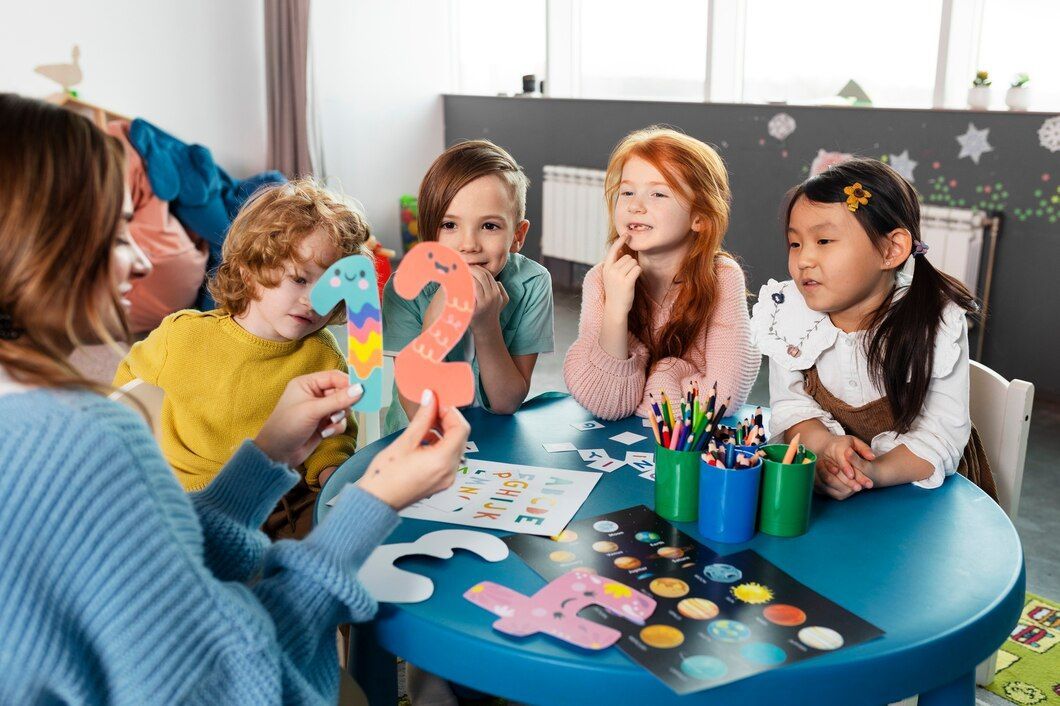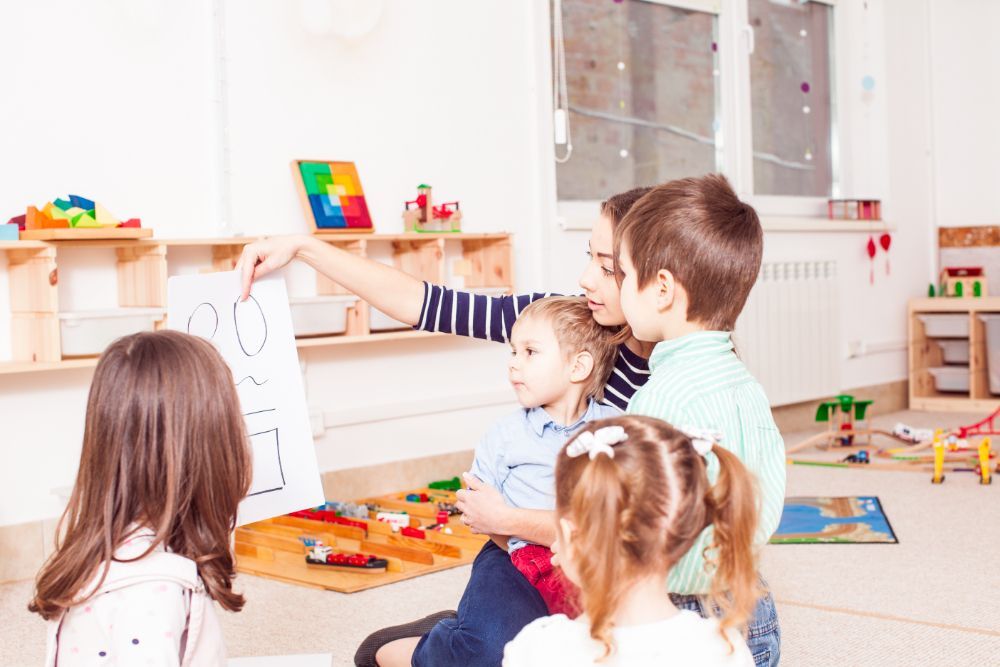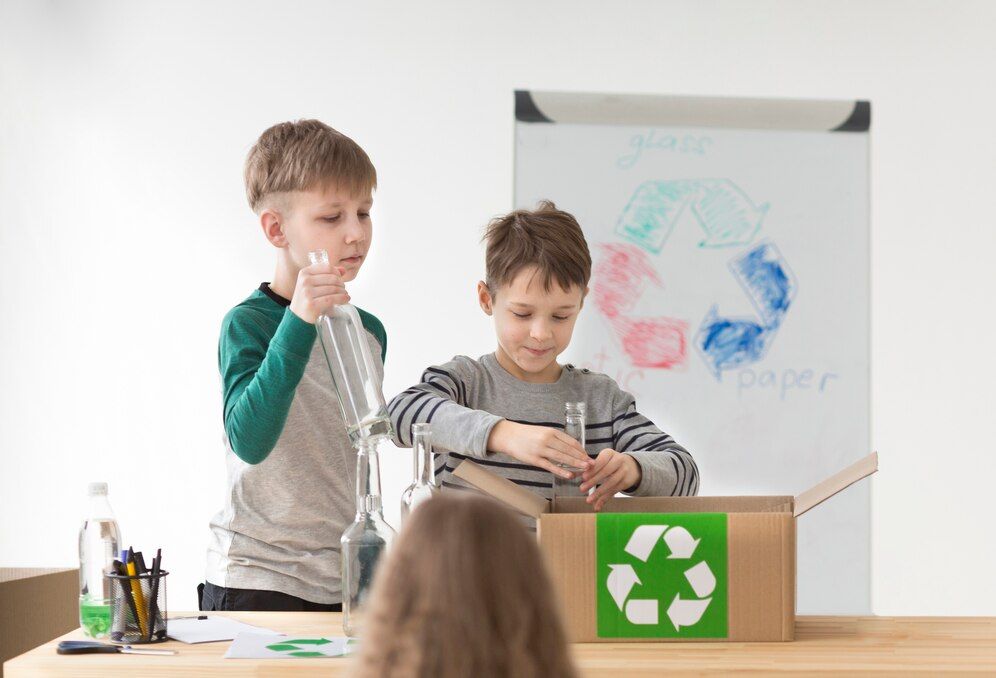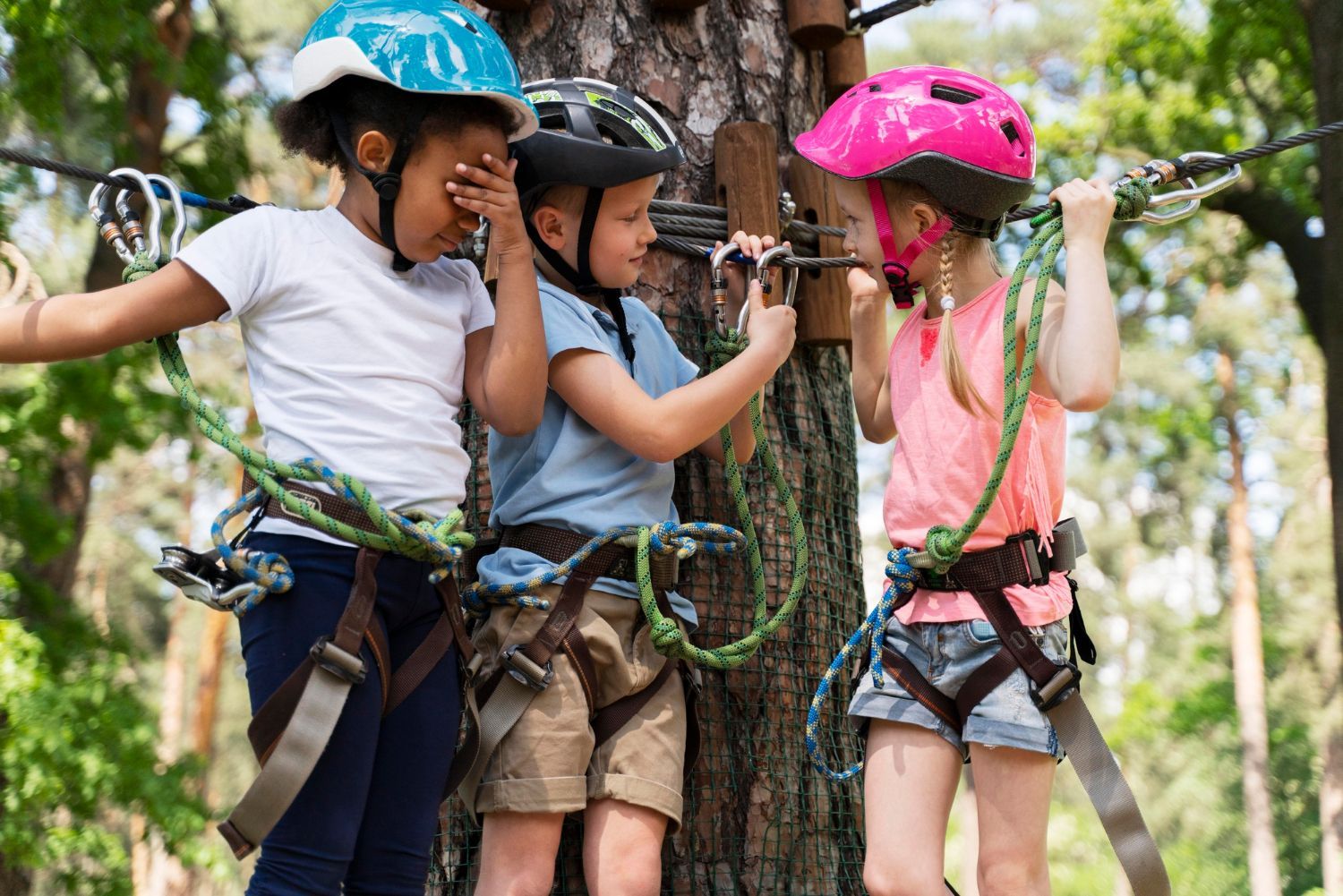Nurturing Emotional Intelligence in Montessori Education
Education reaches beyond the mere acquisition of knowledge and cognitive skills. In recent years, there has been a growing awareness of the need to nurture emotional intelligence in children as part of a balanced, holistic approach to education. Montessori education, with its focus on developing the whole child, provides rich opportunities to cultivate emotional intelligence in young learners. At Marlboro Montessori Academy, we understand the critical role emotional intelligence plays in children's education, and are committed to providing an environment that fosters this essential aspect of human development.
In this blog post, we delve into the world of emotional intelligence and explore how it is nurtured within the Montessori educational framework. We will examine the crucial dimensions of emotional intelligence, such as self-awareness, empathy, and emotion regulation, and discuss how they are interwoven throughout Montessori classrooms and practices. Furthermore, we will analyze the ways in which emotional intelligence contributes to the development of essential social skills and character traits, as well as its enduring impact on children's long-term success and well-being.
The Dimensions of Emotional Intelligence in Montessori Education
To appreciate the importance of emotional intelligence within Montessori education, it is essential to understand the critical dimensions of emotional intelligence and how they contribute to human development. Here are a few key components:
1. Self-Awareness
Emotional self-awareness refers to a child's ability to recognize and understand their emotions. In a Montessori classroom, children are encouraged to reflect on their feelings, and educators provide assistance in identifying and expressing emotions constructively.
2. Empathy
Empathy, or the ability to understand and share the feelings of others, forms a vital aspect of emotional intelligence. Montessori environments cultivate empathy by modeling kindness and compassion, facilitating cooperative activities, and promoting observation and respectful communication.
3. Emotion Regulation
Emotion regulation is the ability to manage and navigate emotions effectively. Montessori practices teach children how to cope with strong emotions, recognize triggers, and implement calming strategies, such as deep breathing or engaging in a self-selected activity, to regain composure.
Montessori Practices That Foster Emotional Intelligence
Several Montessori practices contribute to the development of emotional intelligence in young learners. These practices are designed to create a nurturing and supportive environment for children to explore their emotions and learn self-regulation.
1. Fostering a Peaceful Atmosphere
Montessori classrooms are intentionally designed to promote a sense of peace and calm, with muted colors, natural materials, and carefully arranged spaces. This tranquil environment helps children become better attuned to their emotions and encourages reflection and mindfulness.
2. Encouraging Observation and Learning from Peers
Group activities and mixed-age classrooms in Montessori schools provide endless opportunities for children to observe and learn from one another. By interacting with peers, students gain valuable insights into social dynamics, enhancing their understanding of diverse emotions, and developing empathy.
3. Offering Opportunities for Independent Work
Freedom to choose their own activities allows Montessori students to learn how to regulate their emotions through self-directed work that they find engaging and meaningful. This autonomy fosters a sense of satisfaction, resilience, and emotional well-being.
The Long-Lasting Impact of Emotional Intelligence
Cultivating emotional intelligence has a profound effect on a child's overall success and well-being. Here are some of the long-lasting benefits associated with emotional intelligence:
1. Enhanced Social Skills and Relationships
Emotionally intelligent children are better equipped to navigate interpersonal relationships, as they can effectively communicate and empathize with others. This ability fosters strong friendships, beneficial collaborations, and improved negotiation skills.
2. Academic Success and Career Growth
Research suggests that emotional intelligence is a strong predictor of academic success, as well as professional achievement in adulthood. Emotionally intelligent individuals are more adaptable, motivated, and possess better decision-making skills, which translate to success in academic and professional pursuits.
3. Improved Mental Health and Well-being
Individuals with high emotional intelligence demonstrate greater resilience to stress, are less prone to depression and anxiety, and experience a higher level of life satisfaction. Nurturing emotional intelligence promotes better coping mechanisms for stress management and mental health.
Shaping the Future Through Emotional Intelligence and Montessori Education
A comprehensive Montessori education incorporates the essential elements of emotional intelligence, shaping well-rounded individuals who are prepared to navigate the complexities of personal and professional relationships. By fostering self-awareness, empathy, and emotion regulation, Montessori classrooms create environments that encourage children to explore their emotions and cultivate meaningful connections with others.
At Marlboro Montessori Academy, we are proud to provide an educational experience that fosters emotional intelligence alongside cognitive and physical development. Our commitment to nurturing the whole child ensures that your child gains the essential tools and knowledge necessary to succeed in all aspects of life.
Embrace the emotional intelligence journey for your child, and witness the transformative impact a
Montessori education can have on their lives. Let us guide your child on the path to becoming emotionally attuned, resilient, and compassionate individuals who contribute positively to society and lead fulfilling lives.

Navigation
Contact Info
Phone Number: 732-946-8887
CAMP: 732-946-2267
Email: admin@marlboromontessoriacademy.com
GPS Address
257 Highway 79
Morganville, NJ 07751
Mailing Address
P.O. Box 272
Wickatunk, NJ 07765
All Rights Reserved
All Rights Reserved | Marlboro Montessori Academy
Marlboro Montessori Academy










